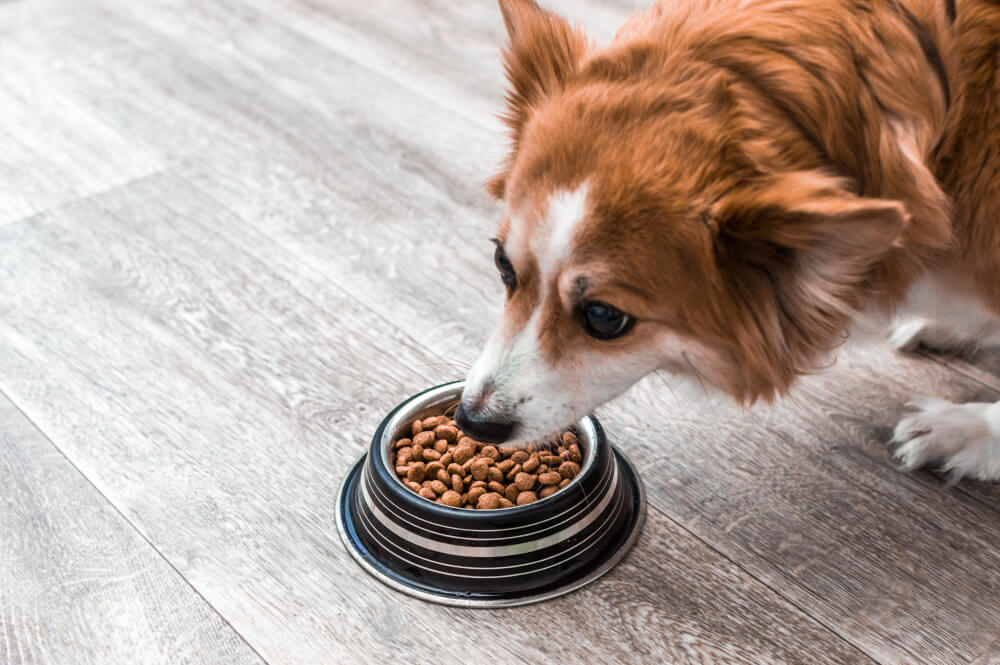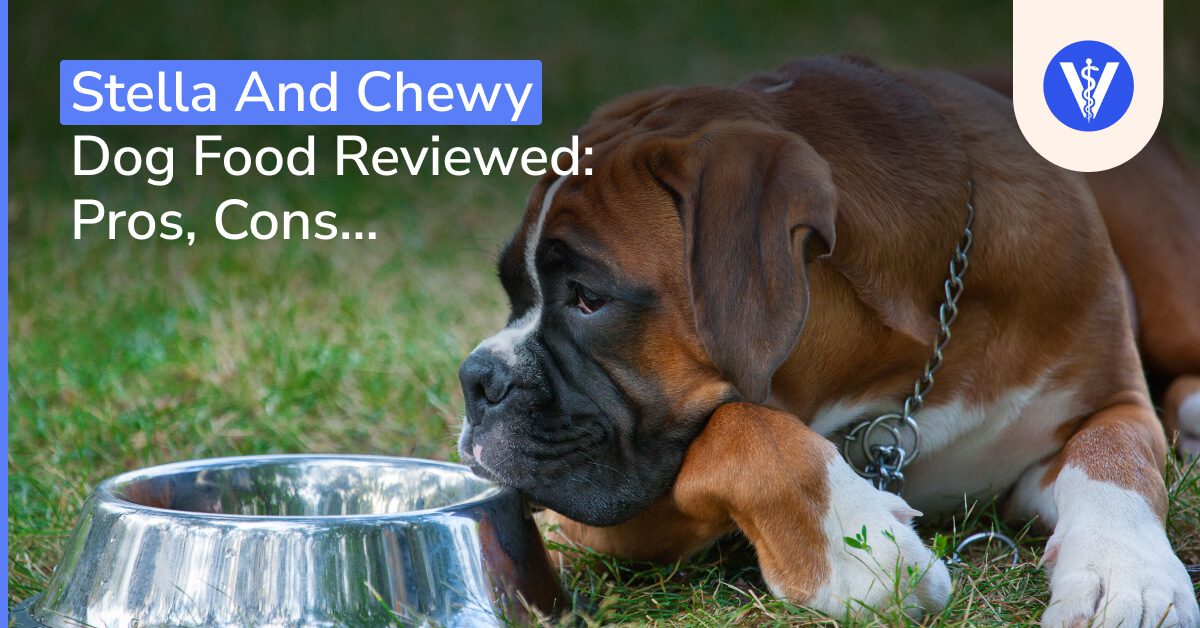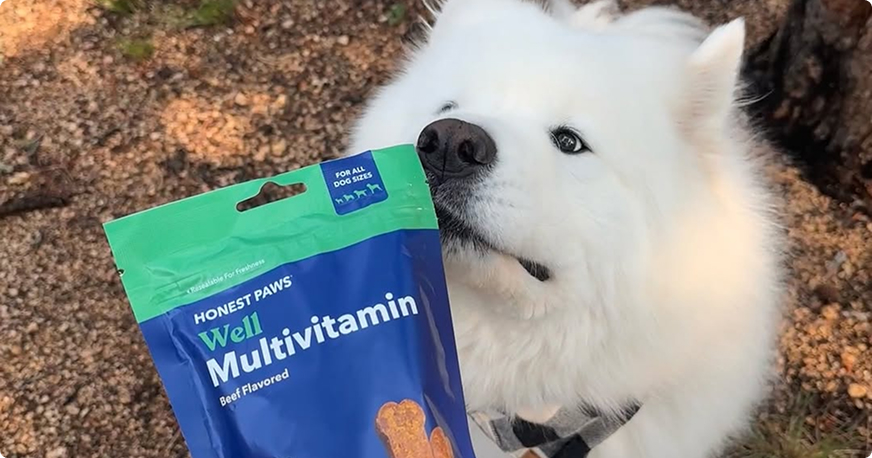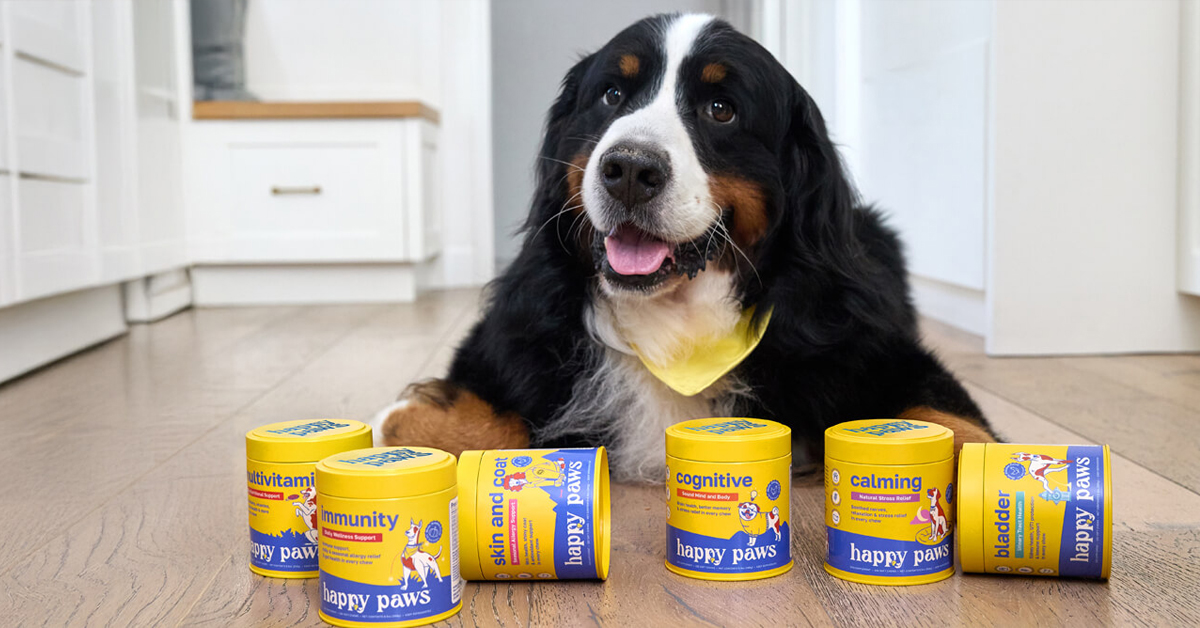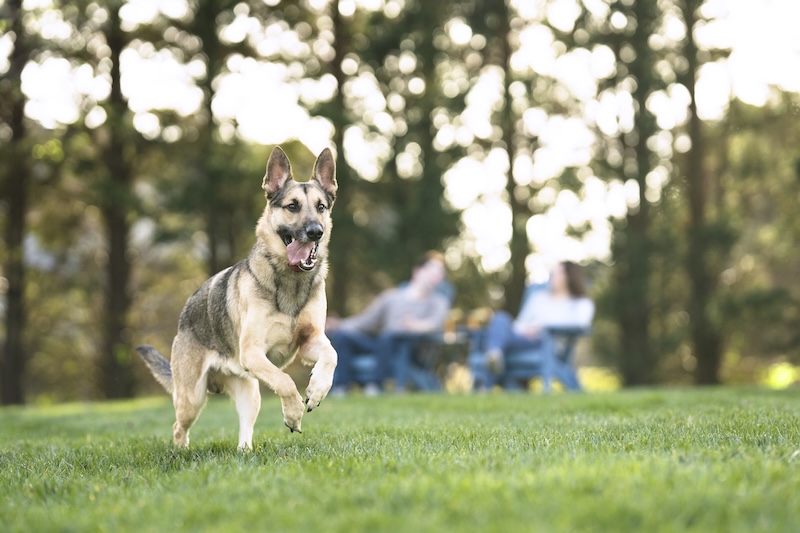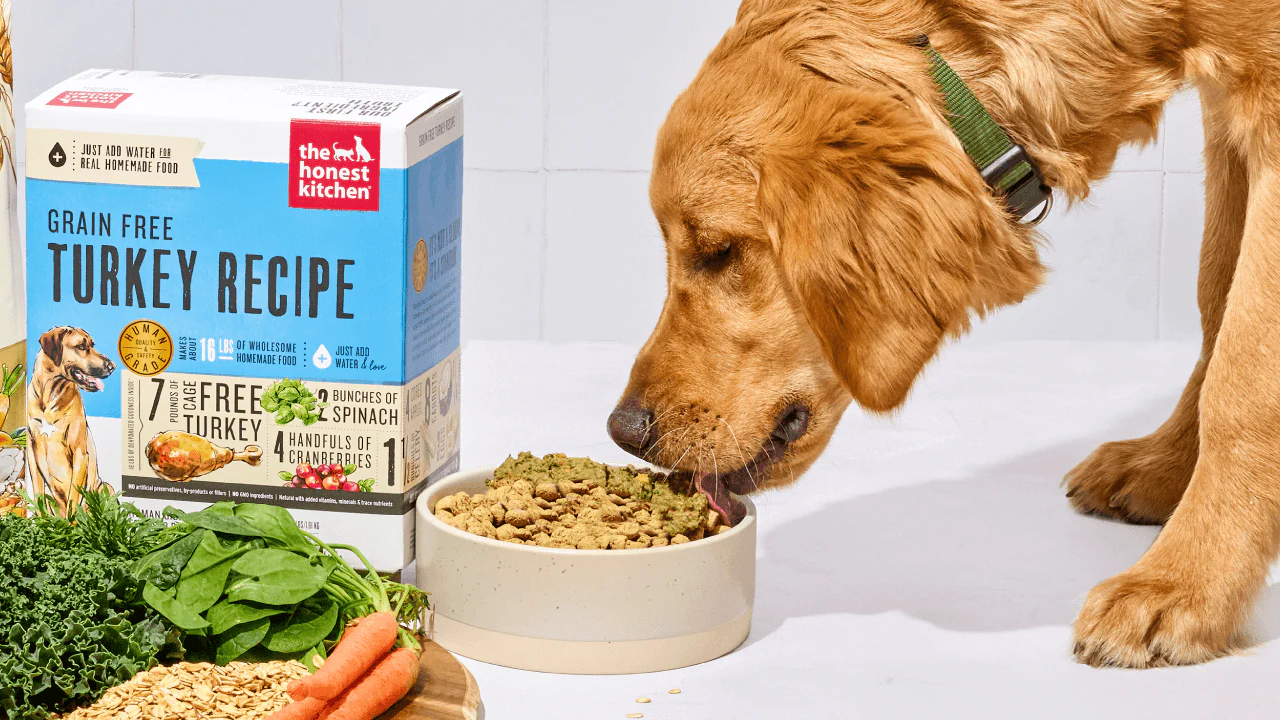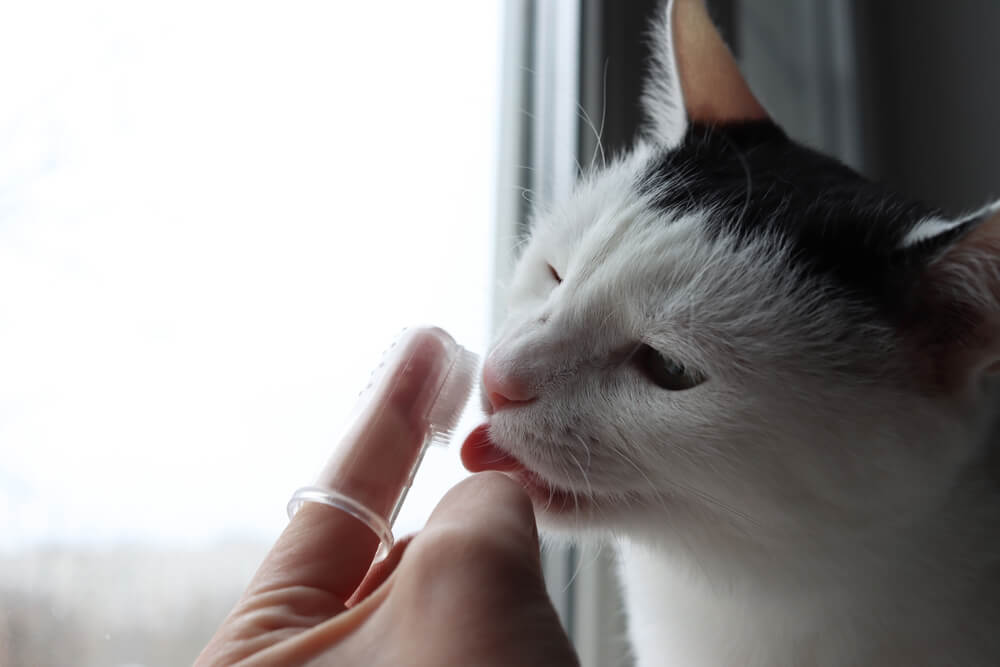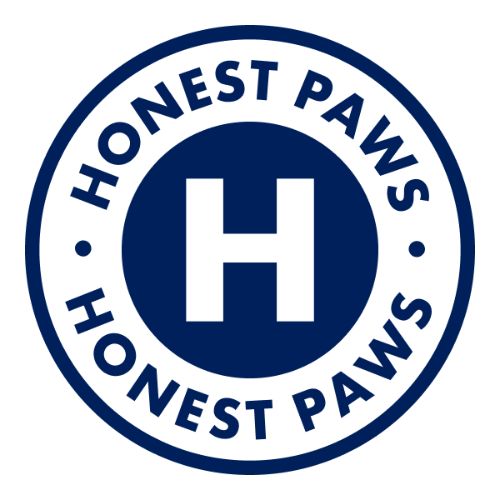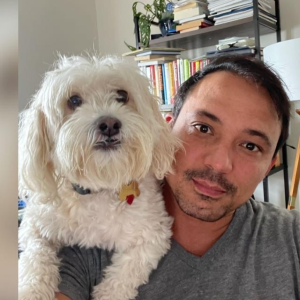USDA Accredited Veterinarian
USDA Accredited Veterinarian
Table of Contents
If you have decided to get a new pet, congratulations – it is the beginning of an unforgettable and amazing experience. The new pet will bring you love, joy, and affection. In return, all you have to do is keep your pet safe and healthy.
Keeping your pet safe and healthy means more than providing for its basic needs. It also means finding a good vet who will responsibly take charge of your pet’s care.

When researching vets, you probably came across terms like working licenses and USDA accreditations. In this article, we will explain these terms and give you some helpful tips on finding the right vet for your pet.

What is a USDA Veterinary Accreditation?
All vets who practice medicine must be licensed in their working states. This licensing is mandatory, and without it is not possible to work in a veterinary practice.
The USDA accreditation is an additional license issued by the department of agriculture complementary agency called the USDA National Veterinary Accreditation Program (NAVP). Unlike the first working license, the USDA National Veterinary Accreditation Program (NVAP) is non-obligatory. USDA Accredited vets have completed special training in the state they are initially licensed to work.
One simple difference between an accredited and non-accredited veterinarian is the ability to issue health certificates. If the health certificate does not have to be endorsed by the APHIS, any licensed vet can issue it. However, only an accredited veterinarian can issue a pet travel health certificate that needs APHIS endorsement.
Animal and Plant Health Inspection Service U.S. Department of Agriculture
The Animal and Plant Health Inspection Service (APHIS) is a U.S Department of Agriculture complementary agency. First, go to the website of the united states government dot gov. Once you find the u.s department of agriculture, toggle navigation, search for APHIS and go under the pet travel section for more information.
Animal and Plant Health Inspection Service website have a US flag (an official website indicator) and a bar SSL (this site has special protection, and all information is transmitted securely. Animal and Plant Health Inspection service offer USDA FAQ’s and resources about Coronavirus section to learn more about this current topic. You can check this section while waiting for the pet travel content title badge loading.
How do I Know if my Veterinarian is USDA Accredited?
As mentioned, all veterinarians practicing medicine have to be licensed in their states. However, not all vets need to be USDA accredited as this accreditation is voluntary. Every accredited veterinarian gets an official document with a unique number one, similarly to the license number.
You can check whether your vet is accredited by asking him/her directly or contacting your local NVAP coordinator. Keep in mind that your vet does not have to be USDA accredited to take excellent care of your pet. The only limitations of a non-accredited vet are in legal and administrative terms.
The Importance of Finding a Vet with a USDA Accreditation
As noted, any licensed vet can issue health certificates for pets that do not have to be endorsed by the APHIS. These health certificates can be used for various purposes, including for traveling interstate.
However, pets traveling outside the US borders need international health certificates, and they can only be signed by USDA accredited vets.
Basically, when pets travel internationally, most countries require an international health certificate that needs to be issued (completed, signed, and dated) by an accredited veterinarian and then endorsed (countersigned and stamped) by APHIS.
If the health certificate is required to be APHIS endorsed, the health certificate must be issued by a veterinarian who is USDA Accredited.
How to Find a USDA-Accredited Veterinarian
The simplest way of finding out whether your veterinarian is USDA Accredited is by calling and asking. However, if your vet is not, here are some suggestions on how to find a USDA Accredited Veterinarian near you:
- Ask your vet if someone else in the practice is accredited
- Ask your vet to recommend one
- Conduct online research of all the vets in your area and call to check if any of them is USDA Accredited
- Contact your local NVAP Coordinator and ask for a list including every accredited veterinarian in your area.
Finding a Vet for Your Pet: What to Consider
Licenses are mandatory for working, and accreditations show commitment to high standards. However, both are administrative issues, and when looking for the right vet for your pet, things are more complicated than papers and titles.
Basically, you want to entrust your pet’s life in the hands of a vet who is knowledgeable, devoted, trustworthy, and with whom you can build a positive relationship.
Forget about glitz-and-glam veterinary commercials and shiny billboards featuring funny pets. Finding the ideal veterinarian entails getting the matter into your own hands and conducting extensive research of all vets and practices in your area.
While researching, good reputations should always be on your mind. It may seem old-fashioned, but word-of-mouth is the best advertisement possible. So first, talk to several of your more experienced pet parent friends to narrow the search, and then go online and check the practices.
Things to consider when finding the right vet
The factors you need to consider on your search quest for the right vet can be classified into three main categories:
- facility-related
- practice staff, services, and policies-related
- vet-related.
We will provide short checklists about each factor category to make the vet search process more convenient and straightforward.
Factors related to the facility
- Location – is it close to where you live (short driving distance, keep in mind that in case of an emergency, you will have to arrive promptly)
- Does it have parking – it may seem non-important, but parking availability is quite practical
- Hygiene level – messy things happen in veterinary offices, and the overall cleanliness is a good standard indicator
- Separate waiting areas for different pets – mixing dogs and cats can wreak havoc in the waiting area and add stress to the already stressful situations (for both you and your pet).
Factors related to the practice’s staff, services, and policies
- Is the staff polite, calm, and courteous – not just the vet you choose but everyone (nurses, receptionist)
- Does the practice refer the patients it cannot manage to refer centers and specialists
- The exact extent of the veterinary services the practice offers (hospitalization, emergency care, surgical procedures, diagnostics)
- Does the practice accept all types of payments (including pet insurances or Care Credits).
Factors related to the veterinarian
- A complex set of professional expertise and interpersonal skills
- Genuine concern for your pet’s health and wellbeing
- Productive communication and patience – is the vet willing to listen to you carefully and then to answer all questions you might have
- Availability – is the vet always available or only during strict working hours.
Small practices vs. veterinary hospitals
In veterinary medicine, the terms practice and hospital are often used interchangeably. Although many modern practices extend their branches and services and the line between these facilities becomes more blurry, there is still a distinction.

One difference between a practice (clinic) and a hospital is the size of the facility. Hospitals are more spacious and physically larger because they provide a wider array of veterinary services. Another difference is the number of employed staff (including vets specializing in different areas).
Basically, practices are labeled as part-service facilities. This is because they focus primarily on preventative care, certain diagnostic procedures, and treatments. On the other hand, hospitals are full-service facilities with more significant in-house services – both diagnostics and treatments.
A practice should offer the following veterinary services:
- Preventative medical care – comprehensive examinations and wellness checkups, vaccines, parasite control, and counseling (nutrition, training, behavior, grooming)
- Rabies vaccination and microchipping
- Basic diagnosis services (hematology, biochemistry, ultrasound, radiography, electrocardiography)
- Certain surgical procedures – spay and neuter, Caesarean sections, dental care, basic ophthalmic and orthopedic procedures, mass removals, basic urinary and gastrointestinal procedures, wound care.
In addition to these basic services, a hospital should offer the following:
- Specialized in-house laboratory tests (endocrine profiles, cytology, biopsies)
- Laser surgery and laser therapy
- Endoscopy
- Specialty surgeries in various areas
- Digital radiology, CT, and MRI scans
- Hospitalization services (oxygen therapy, 24/7 monitoring, intensive care unit)
- Rehabilitation services (hydrotherapy, acupuncture, physical therapy)
- Specialized treatment options (stem cell therapy, chemotherapy).
Building a positive relationship
Once you have found an excellent veterinarian for your pet, try being an excellent client. Namely, both your pet and the vet depend on you.
Your pet depends on you being its advocate, and the vet depends on you providing the right information about your pet.
The core of problem-oriented veterinary medicine is what the vet will conclude from the physical examination and diagnostic procedures. If you accurately describe what you have noticed (heard, smelled, felt, seen) in your pet, the vet will know where to start and how to proceed.
Basically, it is up to you to describe your pet’s condition accurately and in detail. Then it is the vet’s job to correctly interpret that description and mold it into a definitive diagnosis.
Therefore, if you found an excellent veterinarian and you are an excellent client, you are off to an amazing start and will build the mentioned positive relationship, which in the long run will positively benefit your pet.
Finding the right vet for your new furry friend can be challenging if you are a first-time pet parent. You will have to spend several hours researching online and talking to other pet parents. Then you will have to visit some of the veterinary facilities to make the final decision.
Luckily, once you find a vet you can trust, you will feel much better about your pet’s overall health and wellbeing. It is comforting to know that your pet is in the hands of a loving and devoted vet with tons of expertise and knowledge.
FAQs
Is my vet USDA accredited?
You can always contact your vet and ask about the accreditations and licenses he or she has or has not. There is nothing wrong with acquiring the information you need, and most vets will be happy to answer these questions.
What does a USDA veterinarian do?
The only difference between a USDA vet and a non-accredited USDA vet is the ability to issue a so-called international health certificate which your pet might need if traveling to certain countries outside the US borders.
What do you need to do to become USDA accredited?
First of all, the vet needs to finish veterinary school and become licensed in the country where he/she plans on working. Then, the vet will go through a special training program and get his/her USDA accreditation.
How long is veterinary accreditation good for?
Each accreditation lasts three years, and then it has to be renewed. There are certain rules and obligations the vet must fulfill to have his/her accreditation renewed.
